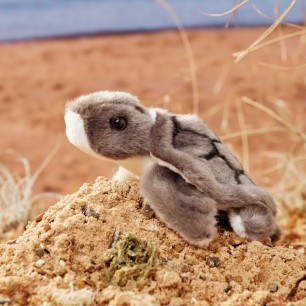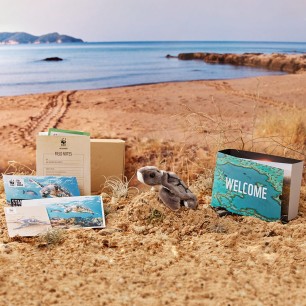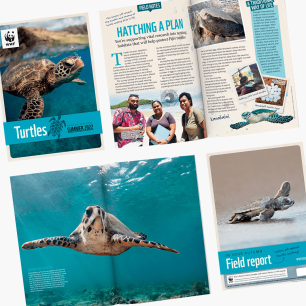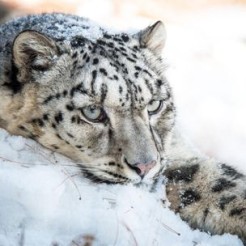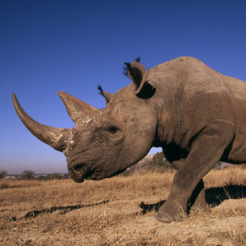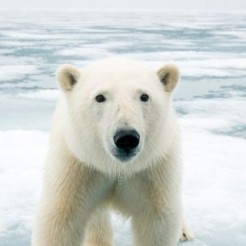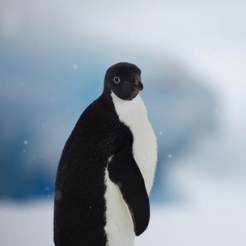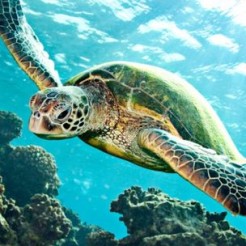It's estimated that only around 1 in 1,000 sea turtle hatchlings make it to adulthood.
Your adoption will help protect sea turtle habitats and will also help fund other vital work around the world. When you choose an animal adoption, you are supporting both your chosen animals as well as wider work to help bring our world back to life.
Adopt a sea turtle and receive
Sea turtles are excellent navigators – they often migrate hundreds, even thousands of kilometres between feeding and nesting grounds. Male turtles never leave the sea, but females come ashore to lay eggs – amazingly to the same beach where they themselves hatched.
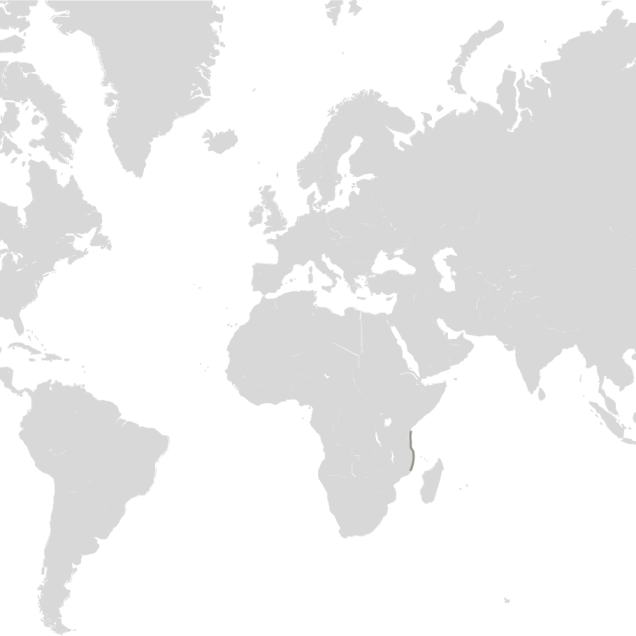
Threats that sea turtles face
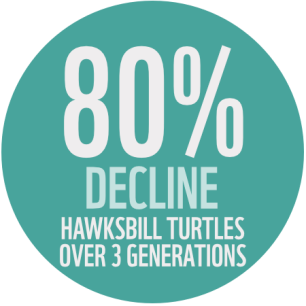
Fishing
Sea turtles need to get to the surface to breathe, and if they get caught up in fishing gear, they can drown.
Habitat Destruction
One of the main threats sea turtles face is the destruction of their habitats. Development along coastlines is destroying nesting beaches, making it harder for female turtles to lay their eggs.
Poaching
Sea turtles are poached for their meat and shells, and nests are raided for eggs, which are seen as a delicacy in some cultures.
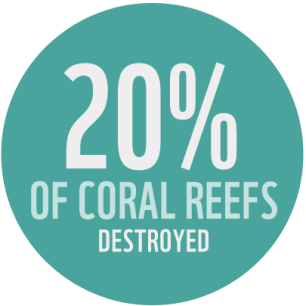
Climate Change
Climate change is causing sea levels to rise, and increase the number, and the intensity, of storms. This can damage and destroy nesting beaches.
How we can help
We’re reducing the negative impact of fishing practices on sea turtles by including the use of less-harmful fishing gear – for example, ‘circle hooks’ instead of traditional ‘j’ hooks can reduce accidental capture of sea turtles by up to 80%.
We’re helping protect sea turtle habitats. In Fiji, we’re working with local communities to protect, monitor and manage turtle nesting grounds.
Your adoption and support will help us:
- Reduce accidental by-catch of turtles and lobbying to have on-board observers on fishing vessels
- Influencing national policy including input into the Fiji Sea Turtle Recovery Plan
- Sharing of data and insights with local communities to improve turtle conservation
- Capacity building on law enforcement, protection, management, research and monitoring
- Fund our other essential work around the world
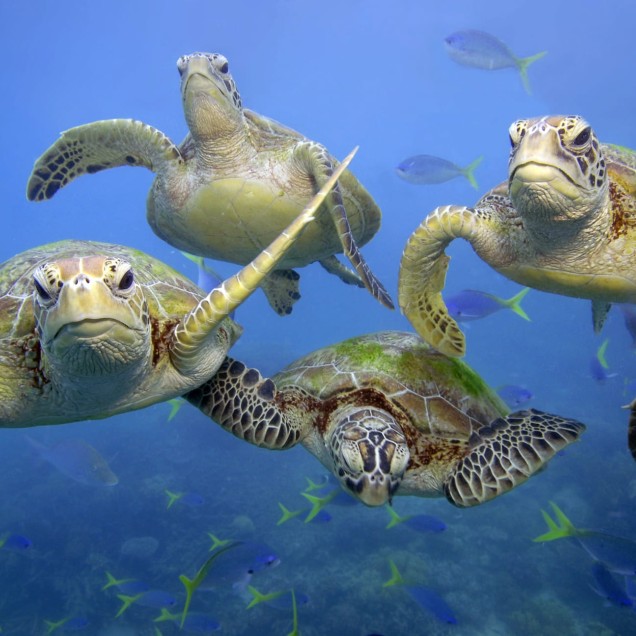
Last minute gift?
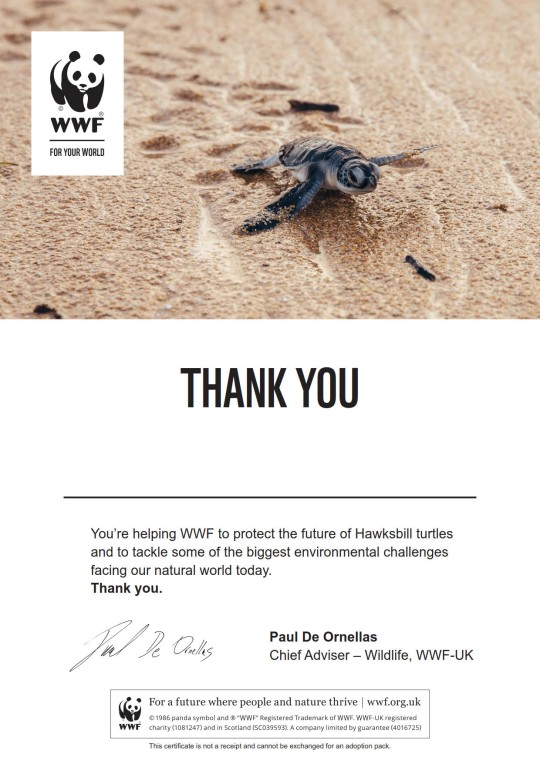
Free delivery
We offer free delivery but ask you to consider helping to cover postage with an optional £3 donation taken at checkout. This means more of your gift can go towards supporting your adoption animal and our wider work.
Your pack will be sent within 2-3 working days - but allow up to 5 working days for it to arrive.
Want to protect other marine animals too? Check out our adopt a marine animal page to find out more.

